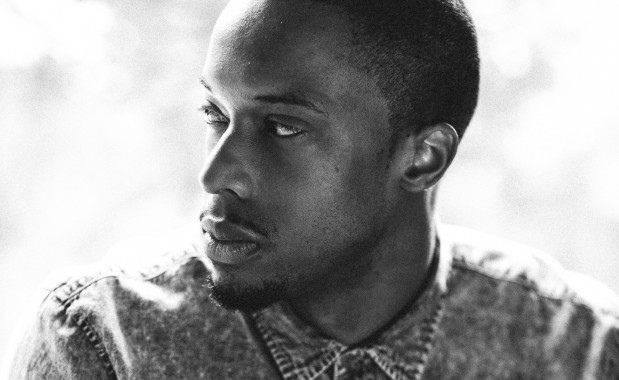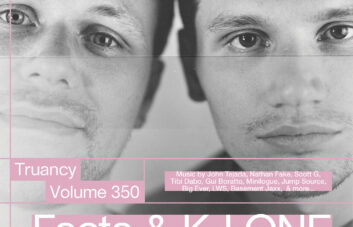Introductions to Curtis Cross have become infrequent and unnecessary in recent times. But if need be, Black Milk is a producer and MC from Detroit who, in light of a growing economy of critics and fans who credit the real and raw in their hip-hop fandom, remains drastically undersung in either capacity. Considering his contributions towards and collaborations with acts like Slum Village and even Danny Brown during the latter’s still-formative prosperity, he seems the rightful incumbent for the title of Detroit’s underground king. Black has operated on either side of the boards since the inception of his musical project, and while his production credits intimate that he was at one point the common thread through a handful of outstanding local groups (as with post-Dilla era Slum Village producing with Fat Ray and Young R.J. as B.R. Gunna, or later with Random Axe with Sean Price and Guilty Simpson), he has more recently become adept at succeeding singularly. It’s widely acknowledged that he’s upped his vocal deftness as of late, particularly with his fourth solo LP Album Of The Year, and with his latest If There’s A Hell Bellow. It’s even easier to forget that his astonishingly cohesive, stuffed bars are still supported by foiling production from the same man.
His sound is rapped in an uninhibited rawness. That said, despite what he may have done or gone through aside from rapping—in-between putting out six solo albums and getting involved in a plethora of local mixtapes and volumes since 2005—Black doesn’t emit any kind of blue collar persona through his lyrics. Freddie Gibbs, for instance (whose touted Piñata is commensurate with Hell Below on a general sonic level) blurs that line with his music. Even when his production talents had cut across his artistic status earlier in his discography, it seems that Black Milk has historically been focused on presenting work that evinces his ability to string together articulate, non-rap-shit rhymes, telling singular stories. For some of his previous material, he had taken up an autobiographical stance to communicate what he has seen, rather than what he has done as an externality of inner-city forces. In a somewhat contrasting manner, Hell Below is a vivid, personal memoir of perseverance, in which punching a clock means giving up and sustaining a rap career —no matter what the costs—is a coveted success.
Black’s honed storytelling prowess is palpable from the get go. Opener “Everyday Was”, strongly-chorused thanks to Mel, is emblematic of the darkly lit album’s concept at large: Opportunities can be sculpted out of the most perilous of situations. The rapper tells Passion of the Weiss that the album was built on a symbiosis of already made beats and subsequent writing, and “What It’s Worth” is a good example of how his production might have informed his lyrics; “Try to find out what it’s worth,” implores an assumed manipulated sample, a line that Gibbs may have taken down a different path. After “Hell Below”, the ostensible intermission, Black Milk lets the electronic heritage of his hometown shine through with “Detroit’s New Dance Show”, evoking gold cables and the Belleville Three in equal measure. If that’s any sign to go by, with this album we are presented with the full breadth of the rapper/producer’s repertoire. Even though they don’t come from the album artist himself, there are moments of mean-mugging adversary (or recounts of those types of moments) sprinkled throughout: Cool moments like couplets from AB’s verse on “Leave The Bones Behind”—”I often make a blunt and think of punks that I blast on/ Tryna hold mics like Fidel Castro/ On the block with Barack Obamas/ Lookin’ like Osama hidin’ llamas,”—as well as Bun B’s stone cold offering on “Gold Piece.”
If There’s A Hell Below released October 28 on Computer Ugly.




